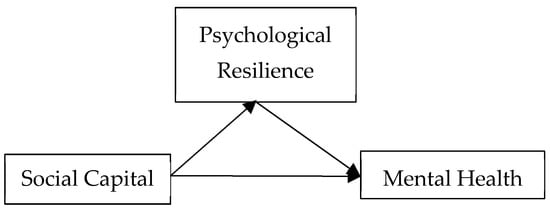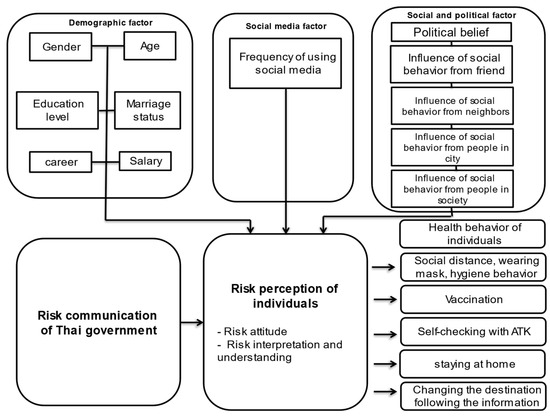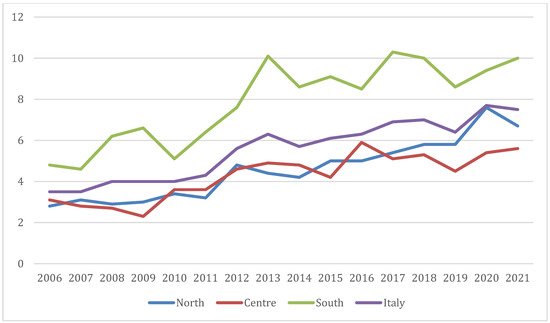Human Face of the COVID-19 Pandemic: Implications for Social Policy
A topical collection in Social Sciences (ISSN 2076-0760). This collection belongs to the section "Social Policy and Welfare".
Viewed by 26913Editors
Interests: social policy (including comparative social policy, health policy, social development policy, anti-poverty policy, active aging policies, social security reform, future of social policy, etc.)
Interests: emergency and disaster risk management and social psychological services healthcare policy, financing and healthcare social work; social legislations and social care; health and social welfare informatics
Topical Collection Information
Dear Colleagues,
Many agree that the COVID-19 pandemic has changed the world, and some of these changes will never be reverted. In Kuhnian terms (Kuhn, 1970), science will never be the same as before the pandemic, and nor will society. It was not only human interactions, their overall communications, and other social interactions which changed as we shifted to follow “the new normal” and the contexts which have been created as a result; so too did governance, social policy, and the sciences that study and influence them.
However, COVID-19 is not only cause of these changes; it has also played a strong catalyst role to other change-leading factors. There are a series of strong knock-on effects becoming visible everywhere, for all people, for all aspects of their well-being, freedom, and health. A great deal of newly heightened and newly spread poverty and ill health (and mental health problems) are being indirectly caused. Across the globe, there are now new poverty-aggravating surging inflations and new limitations on doing one’s work and one’s professional and daily business. Altogether, the poor and the vulnerable groups are relentlessly exposed to a myriad of cumulative negative changes. This is becoming clear now, and these conundrums are being slowly brought to public and scientific attention.
This Special Issue of the internationally pioneering journal Social Sciences aims to collect quality articles on different difficult situations which all people in the global community, and in particular those vulnerable groups, have endured. All kinds of qualitative and quantitative studies, from all over the world, are welcome. We hope that these studies will reveal how people, governments, and scientists reacted to such life challenges, and how their hardships were eventually faced.
In terms of topic areas, contributors can consider focusing on, for example, poverty outcomes, health outcomes, and new poverty reduction efforts and health care services concerned. Studies on other areas, such as mental health problems and schooling problems, in particular, are also welcome. In addition, e-learning and the online provision of social services and medical services (e.g., consultations) are also highly relevant. Computer-based counseling and digital social work are new areas to be explored and discussed. These emerging social services which cut across traditional social policy areas need to be investigated: how they can be better financed, implemented, coordinated, and evaluated deserves serious discussion in the light of political and social governance.
For universal (general) recommendations to be effective, it is advised to bear in mind that countries vary in terms of economic development. Contributors are encouraged to discuss local issues, as well as global ones. Indigenous measures that best fit the specific social, cultural, and developmental characteristics of a country or a region would be greatly valuable. Additionally, globally applicable policies and services, from a general point of view, as well as theoretical and philosophical works are surely sought after to the highest degree.
Last but not least, it is hoped that this Special Issue will provide insights on social policy and social services that will improve societal well-being and resilience, in the long run—for society to be able to return to a better state, a new normal after this new normal.
Prof. Dr. Christian Aspalter
Prof. Johnston Wong
Guest Editors
Manuscript Submission Information
Manuscripts should be submitted online at www.mdpi.com by registering and logging in to this website. Once you are registered, click here to go to the submission form. Manuscripts can be submitted until the deadline. All submissions that pass pre-check are peer-reviewed. Accepted papers will be published continuously in the journal (as soon as accepted) and will be listed together on the collection website. Research articles, review articles as well as short communications are invited. For planned papers, a title and short abstract (about 250 words) can be sent to the Editorial Office for assessment.
Submitted manuscripts should not have been published previously, nor be under consideration for publication elsewhere (except conference proceedings papers). All manuscripts are thoroughly refereed through a double-blind peer-review process. A guide for authors and other relevant information for submission of manuscripts is available on the Instructions for Authors page. Social Sciences is an international peer-reviewed open access monthly journal published by MDPI.
Please visit the Instructions for Authors page before submitting a manuscript. The Article Processing Charge (APC) for publication in this open access journal is 1800 CHF (Swiss Francs). Submitted papers should be well formatted and use good English. Authors may use MDPI's English editing service prior to publication or during author revisions.
Keywords
- covid-19 Pandemic
- governance and social policy
- health policy
- education policy
- poverty and povertization
- computer-based counseling and digital social work
- societal well-being and resilience
- employment policy
- anti-poverty policy











